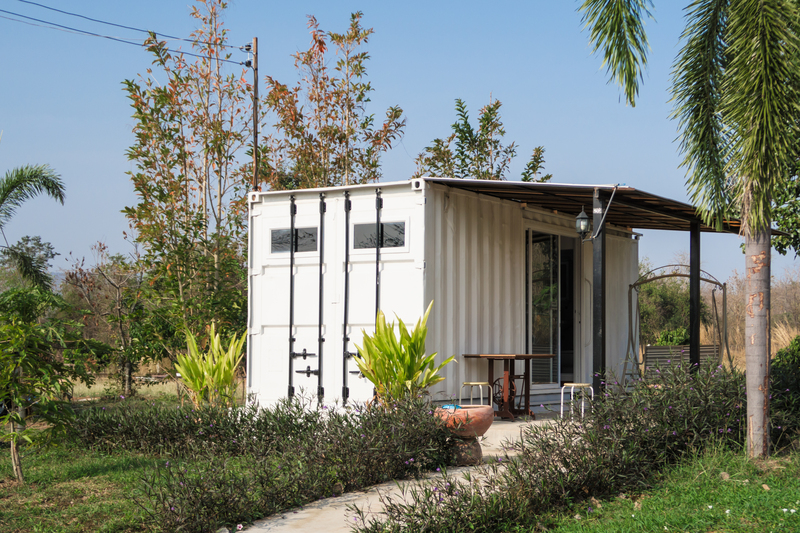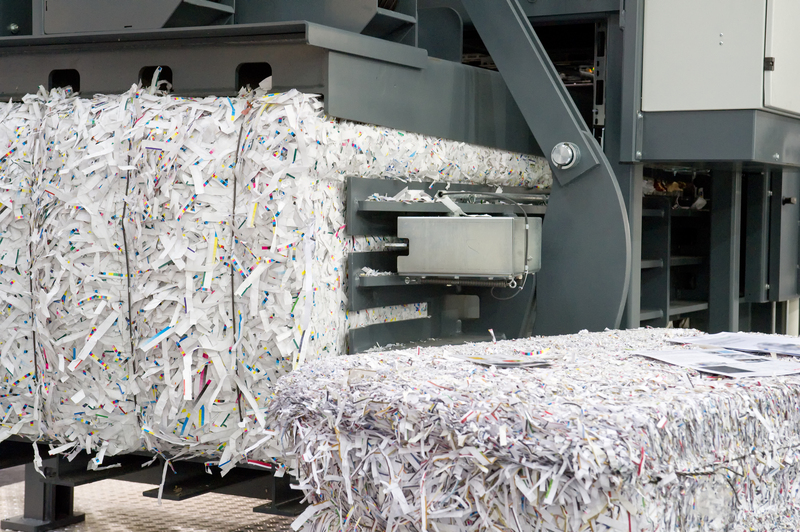Mega Waste: The Growing Challenge of Our Times

Mega Waste refers to the enormous quantities of waste generated globally, surpassing the capacity of traditional waste management systems. This escalating issue poses significant threats to our environment, public health, and economic stability.
As populations grow and consumption patterns shift, the volume of waste continues to surge. From **municipal solid waste** to industrial byproducts, the variety and volume of waste present complex challenges that require innovative solutions.
The environmental impact of mega waste is profound, contributing to pollution, habitat destruction, and climate change. Effective management strategies are essential to mitigate these adverse effects and promote sustainability.

Effective waste management involves a combination of reduction, reuse, recycling, and responsible disposal. Implementing these practices can significantly diminish the volume of waste that ends up in landfills and oceans.
Recycling plays a crucial role in managing mega waste by converting used materials into new products. This not only conserves natural resources but also reduces the energy consumption associated with manufacturing processes.
However, recycling alone is insufficient. Comprehensive waste management systems must also focus on waste prevention and the development of sustainable materials to address the root causes of waste generation.

The economic implications of mega waste are equally significant. Improper waste management can lead to increased costs for municipalities, healthcare systems, and businesses. Investing in sustainable waste solutions can yield long-term economic benefits by creating jobs and fostering innovation.
Public awareness and education are vital components in combating mega waste. Empowering communities with knowledge about waste reduction and sustainable practices can drive collective action towards a cleaner environment.
Government policies and regulations also play a pivotal role in managing mega waste. Enforcing stringent waste management standards and incentivizing sustainable practices can drive systemic change across all sectors.

Technological advancements are at the forefront of addressing the mega waste crisis. Innovations in waste sorting, processing, and recycling technologies enhance efficiency and effectiveness in handling large volumes of waste.
Moreover, the development of biodegradable materials and eco-friendly packaging can substantially reduce the environmental footprint of consumer products, contributing to waste minimization.
International collaboration and knowledge exchange are essential in tackling mega waste. Sharing best practices and technological solutions can accelerate progress and ensure that all regions benefit from advancements in waste management.

Community engagement is crucial in the fight against mega waste. Grassroots movements and local initiatives can drive significant change by promoting sustainable lifestyles and fostering a culture of responsibility towards the environment.
Ultimately, addressing the mega waste problem requires a multifaceted approach that integrates environmental, economic, and social strategies. By prioritizing sustainability and innovation, we can overcome the challenges posed by mega waste and pave the way for a healthier, more sustainable future.







